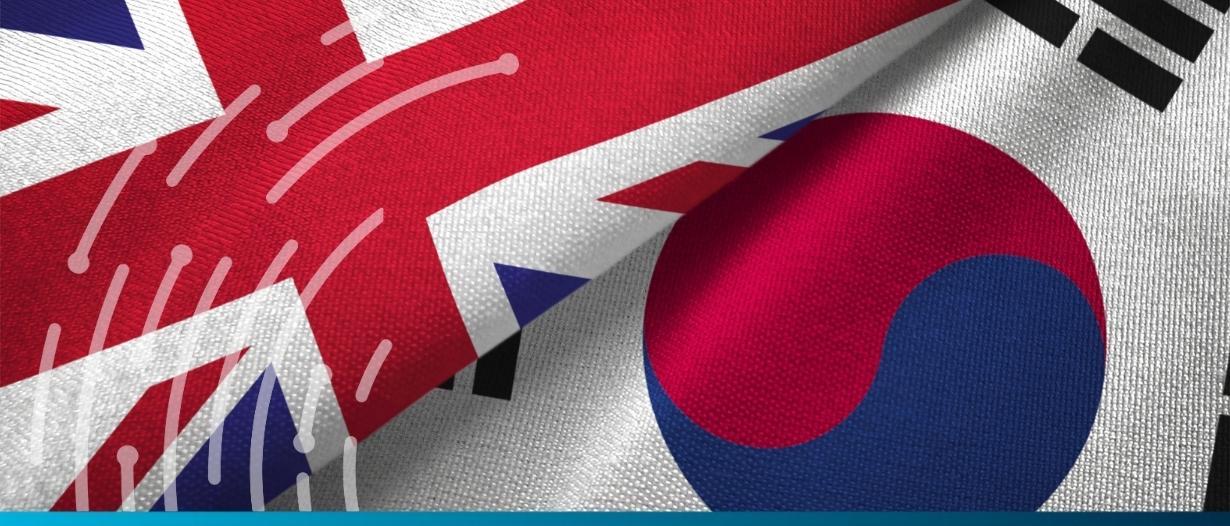Estimated reading time: 2 minutes
Britain and South Korea have decided to prolong the duration of minimal or zero tariffs on mutual trade involving goods with components from the European Union, according to an announcement from the British government on Monday. This move is particularly beneficial for the automotive sector.
If the two-year extension had not been granted, UK firms would have been subject to elevated tariffs starting from 1 January for products manufactured with EU parts, based on so-called rules of origin, as well as on goods transported through the EU.
The imposition of any tariffs might have adversely impacted sectors such as food and beverage producers and car manufacturers, potentially resulting in increased prices for items like electric vehicles.
The yearly trade between the UK and South Korea has a value of £18 billion ($21.9 billion), and negotiations for a new trade agreement are scheduled to commence later this year. The existing accord was carried over from the UK’s prior EU membership.
Britain’s minister for international trade, Nigel Huddleston, said extending the tariff-free period would help provide much-needed certainty for businesses.
“This is fantastic news for UK businesses who can continue selling their fantastic goods with confidence to South Korea,” Huddleston said.
South Korea is the seventh-biggest export market for British-made cars and the third-largest supplier of new cars for Britain, meaning any new tariffs “would have been bad for both sides,” said Mike Hawes, the head of the British car industry trade body.
“We look forward to the start of negotiations and swift conclusion of a modernised trade deal that delivers more benefits to our respective automotive sectors, in particular boosting trade in EVs and related technologies,” Hawes, the Chief Executive of the Society of Motor Manufacturers and Traders, said.
























